New to composting? This ultimate composting list of the 100 things you can - and can’t! - compost will help you get started.
Composting, after all, is a great way to add nutrients back to your soil and to reduce your household waste. If you’ve never tried it before, you might be confused over what ingredients are safe to add - and which you should steer clear of.Most materials can safely be added to a compost, but there are some that take longer to break down than others. In addition, there are some ingredients you’ll want to avoid, as they can attract pests - or worse, harbor pathogens that can make you sick.
Want to DIY your composting bin? Here we collected 35 DIY ways to create a composting bin.
Here’s what you need to know.
Things You Can’t Compost
1. Coal or Charcoal
Do not add coal or charcoal ashes to your compost. These can contain toxic materials that can harm your plants.2. Cat and Dog Droppings
While most manure is fine to add to the compost, you should avoid adding cat or dog droppings. These can contain dangerous diseases that can easily spread to humans.
3. Colored Paper
While it’s fine to add regular paper to the compost pile, you should avoid using colored paper, as the dyes can be toxic.
4. Lime
Do not add lime to the compost. Its pH is very alkaline and can kill the microorganisms in your compost.
5. Meat
Meat will break down over time in your compost, but not in the way you want it to. It will rot and can attract pests.6. Grease
Just as you should not add meat to the compost, you should also avoid adding anything overly greasy. It will take too long to break down.
7. Bones
Bones can sometimes be added to the compost but keep in mind that it will take a long time for them to break down. You may want to grind them into a meal first.
8. Diseased Plants
Be careful adding diseased plants to the compost pile. Your pile needs to be nice and hot - at least 135 degrees Fahrenheit - to kill the diseases.9. Sod
You need to make sure your compost is nice and hot before you add sod. Otherwise, the grass will continue to grow in your compost pile.
10. Milk
Milk can be added to the compost, but there’s not much benefit to doing so. It doesn’t add a ton of nutrients (besides calcium) and can attract pests. Put it deep into the pile for best results.11. Cheese
Like milk, you need to be careful about adding cheese to the compost. It doesn’t add a lot and takes a while to break down.
12. Bird Droppings
You can add bird droppings (from wild birds, not chickens) to your compost, but it might contain weed seeds or disease, so be careful.
13. Walnuts
While most nuts can be added without a problem to the compost pile, don’t add walnuts. They contain a chemical that does not break down, juglone, which can be toxic to plants.14. Cooking oils
These take a long time to break down and can stink, so don’t add them to your compost.
15. Pesticides or Fertilizers
Do not add these chemicals to your compost pile. They not only will fail to help your compost improve, but they also can kill the microbial activity that is necessary for healthy compost.
16. Onion Peels
The jury is still out on whether onion peels can be added to a compost pile. Ultimately, they won’t hurt things - but they take a long time to break down, too, so keep that in mind.
17. Citrus Peels
Like onion peels, citrus peels take a long time to break down.18. Cigarette butts and cigar stubs
You can technically add these to your compost, but you may want to steer clear. They can contain toxic chemicals that you probably won’t want to recycle on your plants.
Things You Can Compost
19. Alfalfa
Alfalfa is a great source of nutrients for your compost. You can add it in a meal form or as hay. Either way, shredding will help it decompose faster.20. Algae
If you live by the ocean, take the opportunity to add algae to your compost pile. It's a great source of nitrogen and other minerals.
21. Ashes
You can add wood ashes to your compost, which will add necessary neutrality to your soil. You may want to use them sparingly since they can overwhelm the pile. However, when added in moderation, ashes can help keep pests away.
22. Banana Peels
Banana peels add potassium to your compost pile. You may want to tear them into fine pieces before adding so they break down faster.23. Kitchen Rinse Water
Save the water from boiling your pasta or hard-boiling eggs to add to your compost pile. You can toss it on there when the pile is looking a little dry. Not only will it help to rehydrate your compost pile, but it can also add nutrients like calcium and magnesium, too.
24. Buckwheat Straw
Buckwheat straw and buckwheat hulls both add a ton of carbon to the compost pile. Make sure these are in small pieces so they break down faster.
25. Cardboard
Cardboard takes a long time to break down, so you may want to shred it before adding it to the compost. Avoid using cardboard with lots of toxic dyes.26. Clover
Clover adds a lot of nitrogen to the compost pile.
27. Cat Litter
You can add cat litter to the compost pile, but make sure it is unused and organic.
28. Cocoa Hulls
Cocoa hulls, like clover, add a lot of nitrogen to the soil. You may want to chop them so they break down faster.
29. Coffee Grounds and Filters
Coffee grounds and filters are quintessential compost ingredients. They both add nitrogen to the soil.30. Corn Stalks and Cobs
You can add both corn cobs and cornstalks to the compost pile. These can be quite bulky, so either wait to add them to your compost when it is good and hot or shred them carefully before mixing in.
31. Dog and Cat Food
You can add both dog and cat food to the compost pile, but ideally, they should be non-meat formulas to avoid attracting pests.
32. Cowpeas
Cowpeas aren't that common, but if you have some, feel free to add them to the compost. They add a lot of nitrogen!33. Dryer Lint
Even dryer lint can be tossed in the compost! Avoid using dryer lint if you washed and dried fabrics made out of synthetic materials or dyes. You may want to moisten it a bit before you add it, too.
34. Hair
Yup, even hair can be composted!
35. Cotton Bur
Cotton bur is a very “hot” nitrogen ingredient, so you can add it when your compost is first getting started to warm it up and get those microbes ready for action!
36. Eggshells
Eggshells break down somewhat slowly, but if you crush them before adding to the compost, it’s a great way to add calcium and other beneficial nutrients to the soil.37. Feathers
Feathers are slow to break down since they have so much protein. However, if you can shred them first, they’ll add a lot of nitrogen to your compost.
38. Flowers
You can add both fresh and dried flowers to your compost. When added fresh, they’ll add nitrogen, and when added dry, they can supply carbon.
39. Fruit Peels
You can add any kind of fruit peels to your compost. Make sure you cut them into small pieces first.40. Grass Clippings
When added green, grass clippings are a great source of nutrients. When dry, they can add carbon. Save them after you mow your lawn, either way!
41. Hops
If you make your own beer, you may want to consider tossing the hops waste in your compost pile. They’ll add carbon.
42. Kelp
Kelp, or seaweed, is a great source of potassium for your compost.
43. Leather
Believe it or not, you can even add leather to your compost pile. Just shred it so it breaks down faster.
44. Leaves
Leaves, both fresh and dried, can be added to your compost pile.45. Manure
Manure is a tricky one to add to your compost pile. While there are certain kinds of poop you’ll want to steer clear of, you can add manure from chickens, pigs, cows, sheep, rabbits, and horses with no problem. If you add manure of any kind, just give your compost plenty of time to break down (at least a few months) before adding the compost to your garden.
46. Newspaper
Newspaper, especially when shredded, is the perfect compost ingredient to add carbon to a compost pile.
47. Nutshells and Peanut Hulls
Save your nutshells and peanut hulls - they’ll add carbon to the compost.
48. Oak Leaves
If you have oak leaves hanging around, save them. They can add a lot of carbon to the compost pile, too.
49. Sawdust or Wood Shavings
You can use any kind of sawdust or wood shavings in your compost, but try not to use those from kiln-dried or treated wood.50. Paper
Paper is one of the best compost ingredients you can add. Just shred it so it breaks down faster.
51. Vetch
Vetch is a plant in the pea family that adds a ton of nitrogen (and other nutrients) to your compost. Go ahead and add it.
52. Tea leaves
Tea leaves, like coffee grounds and filters, can also be added to your compost. Shredded tea leaves work best but you can also add whole tea bags.
53. Peat moss
Peat moss is a great amendment to add to your garden soil as well as your compost. It can improve drainage and also add carbon.
54. Pine Cones and Pine Needles
Both pine needles and cones can be added to your compost. Just make sure they are fine so they break down.55. Vegetable Scraps
Any kind of vegetable scrap can be added to your compost. It will add a ton of nitrogen and help reduce your kitchen waste.
56. Weeds
Weeding the garden? Don’t toss those weeds aside! Instead, add them to your compost. Just make sure the compost is hot enough to kill weed seeds so you don’t reintroduce them when you use the compost on your garden.
57. Wheat Straw
Wheat straw is another additive for your compost that will add carbon.
58. Herbs and Spices
You can add any kind of herb or spice to your compost pile. These break down quickly since they’re so fine.59. Unused Seeds
If you have any leftover seeds from planting, go ahead and add them to the compost. Chop them up first if you don’t want them to sprout.
60. Avocado or Cherry Pits
Pits from plants can easily be added to compost. They may take a few months to break down, though.61. Bamboo skewers
Go ahead and toss those leftover bamboo skewers from your shish kabob into the compost. Just snap them up first so they break down.
62. Used Paper Napkins or Towels
These are great compost ingredients. They’ll add lots of carbon and break down fast.
63. Fabric Scraps
If you like to sew, you may have a lot of fabric scraps on your hands. These can be added to the compost, but shred them first.
64. Pencil Shavings
If you happen to save pencil shavings, go ahead and throw them in the compost.
65. Burlap
Burlap that’s leftover from crafts or storage can be thrown in the compost. Make sure it’s torn up so it breaks down faster.
66. Rope and Twine
As long as they don’t contain plastic, rope and twine can both be added to a compost pile.
67. Old Wine and Beer
If you have stale beer or wine to throw out, go ahead and add it to the compost.68. Broccoli
All vegetables can be added to the compost, but broccoli is especially beneficial, as it adds sulfur to help improve your plants’ growth.
69. Apples
Add whole or scraps of apples to your compost. They can improve seed development in your plants later on.
70 Tomatoes
Add whole tomatoes or bits and pieces (like the pulp) to your compost. They contain manganese, which can really help your plants grow.71. Potatoes
If you have rotten potatoes hanging out in your pantry, toss them in the compost. They’ll add a ton of copper.
72. Bread and Cereal
Just about any dry good can be added to the compost. It will break down fast and supplement the soil.
73. Cooked Rice
You can add rice to the compost, but cook it first so it breaks down faster.
74. Dead Houseplants
If your houseplants died as a result of age or something uncomplicated, like a watering mistake, go ahead and compost them. Avoid composting them if you know they were diseased.75. Candy
Your compost pile might not have a sweet tooth, but adding candy is totally fine.
76. Dog Fur
After sweeping up all that dog fur, don’t throw it in the trash! Add it to your compost.
77. Oatmeal
Oats are great for the soil. Feel free to add plain oats or oatmeal to your compost.
78. Egg Cartons
Egg cartons break down slowly in the compost but will decompose over time. Tear them into pieces to speed things up.
79. Dry Pasta
Cooked pasta can be added to the compost and will break down quickly. Dry pasta can also be added but may take some extra time.80. Wine Corks
Again, these take a while to break down, but will eventually decompose.
81. Potpourri
It might not help your compost smell any better, but you can definitely add potpourri without a problem.
82. Fish Scraps
You can add whole fish or parts of fish to your compost (fish meal is actually a great source of nutrients).
83. Cellophane
As long as it’s real cellophane and not plastic, you can easily add cellophane to your compost pile.
84. Old Jelly and Jam
These can be added to your compost bin with no problem - and they’ll break down quickly, too.85. Flour
Flour breaks down fast in a compost pile, so if your bag ripped or got wet, feel free to toss it in.
86. Jell-O and Gelatin
Both of these ingredients are safe to add to a compost pile.
87. Mussels
You can throw shells from creatures like mussels to your compost pile. They won't hurt anything, but they do take some time to break down. The same goes for lobster, crab, or shrimp shells.
88. Popcorn kernels
Go ahead and toss these in the compost pile, provided that they aren’t too greasy.
89. Tofu
Even tofu can be added to a compost pile!
90. Soy, Rice, or Almond Milk
As long as these aren’t too stinky, they’re totally safe to add to a compost bin. They break down faster than regular milk, too.
91. Chewing Gum
There’s no problem adding chewing gum to a compost pile.
92. Flat Soda
Flat soda won’t add many nutrients to your compost, but it can be added without a problem.
93. Aquarium Plants
Aquarium plants - along with the water they grew in - can easily be added to your compost pile.94. Latex Balloons
These can be added to your compost with ease, although they do take a bit of time to break down.
95. Wool
Both processed and unprocessed wool can be added to the compost pile.
96. Christmas Greenery
As long as you chop it up finely so that it can break down evenly, it’s fine to add Christmas greenery (including wreaths and trees) to your compost.
97. Halloween Pumpkins
These add a ton of nutrients to your compost, so add away!98. Dust Bunnies
You can add dust bunnies from when you vacuum or sweep your floor to your compost bin.
99. Dead Flies
It sounds a bit unsavory, but dead bugs like flies can be added to your compost bin with no problem.
100. Glue
Yes, even glue can be added to the compost! Just make sure the glue you choose to add does not contain any toxic chemicals.
There you have it! 100 things you can and cannot compost. Although this list might seem overwhelming, with a bit of practice, you’ll be a composting pro (and building healthy soil!) in no time.

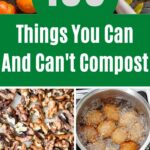
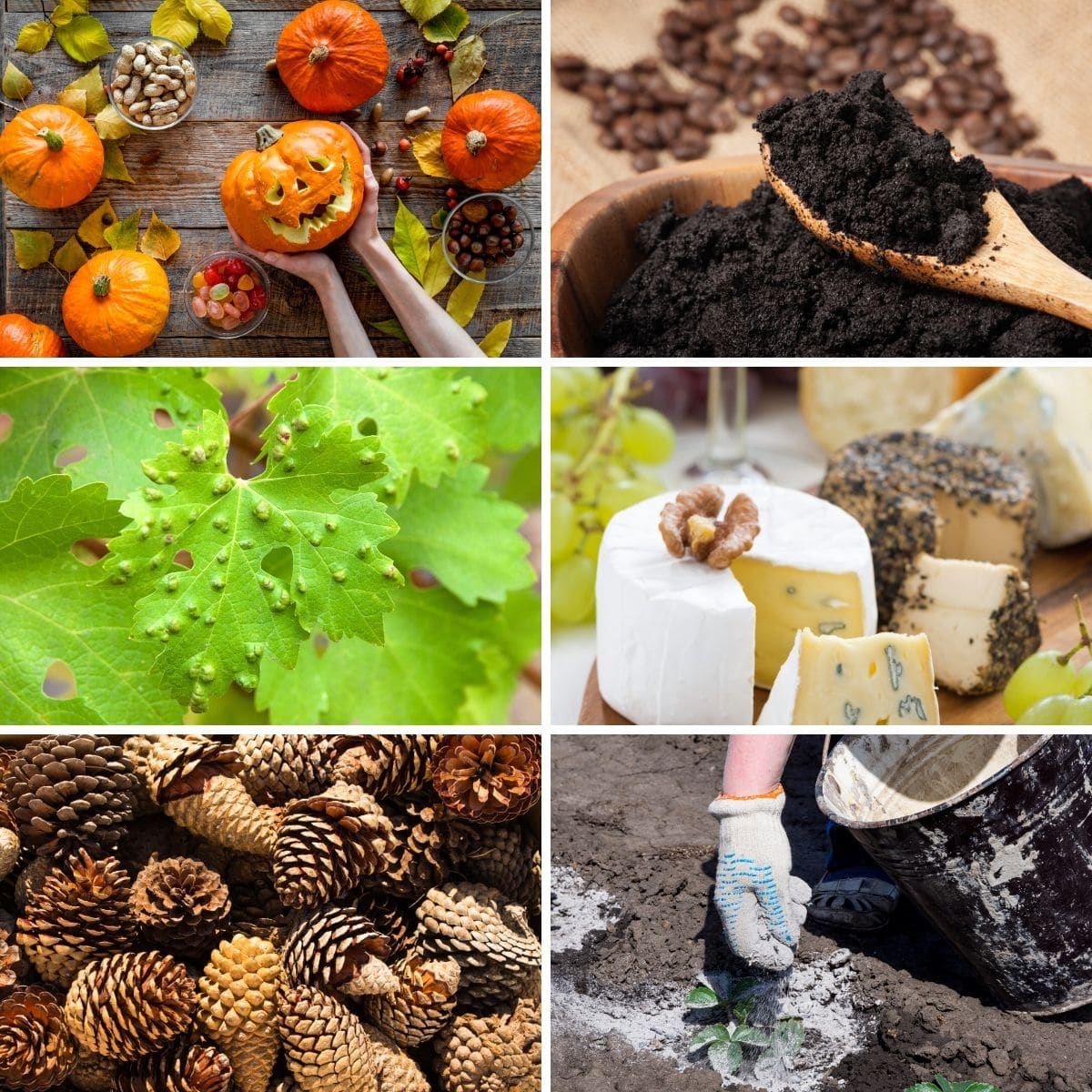
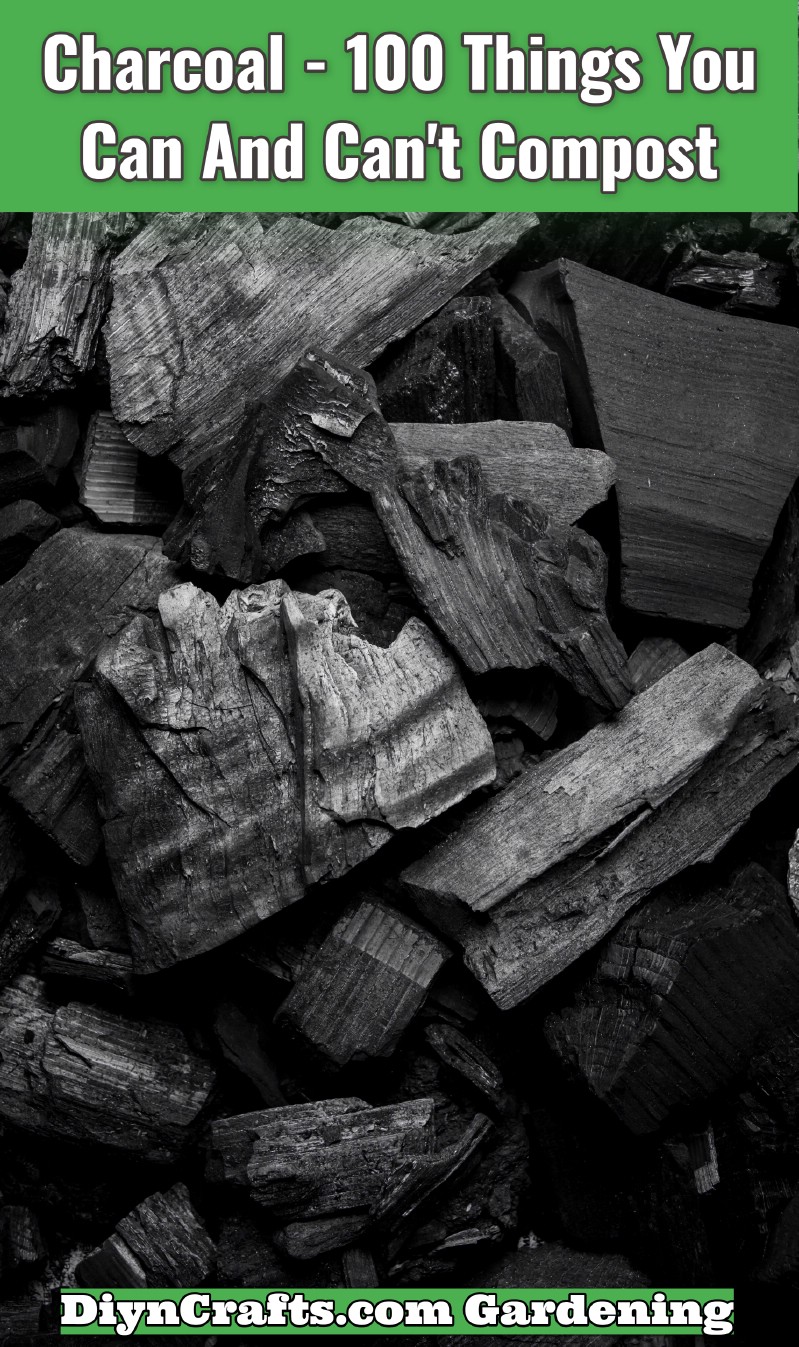
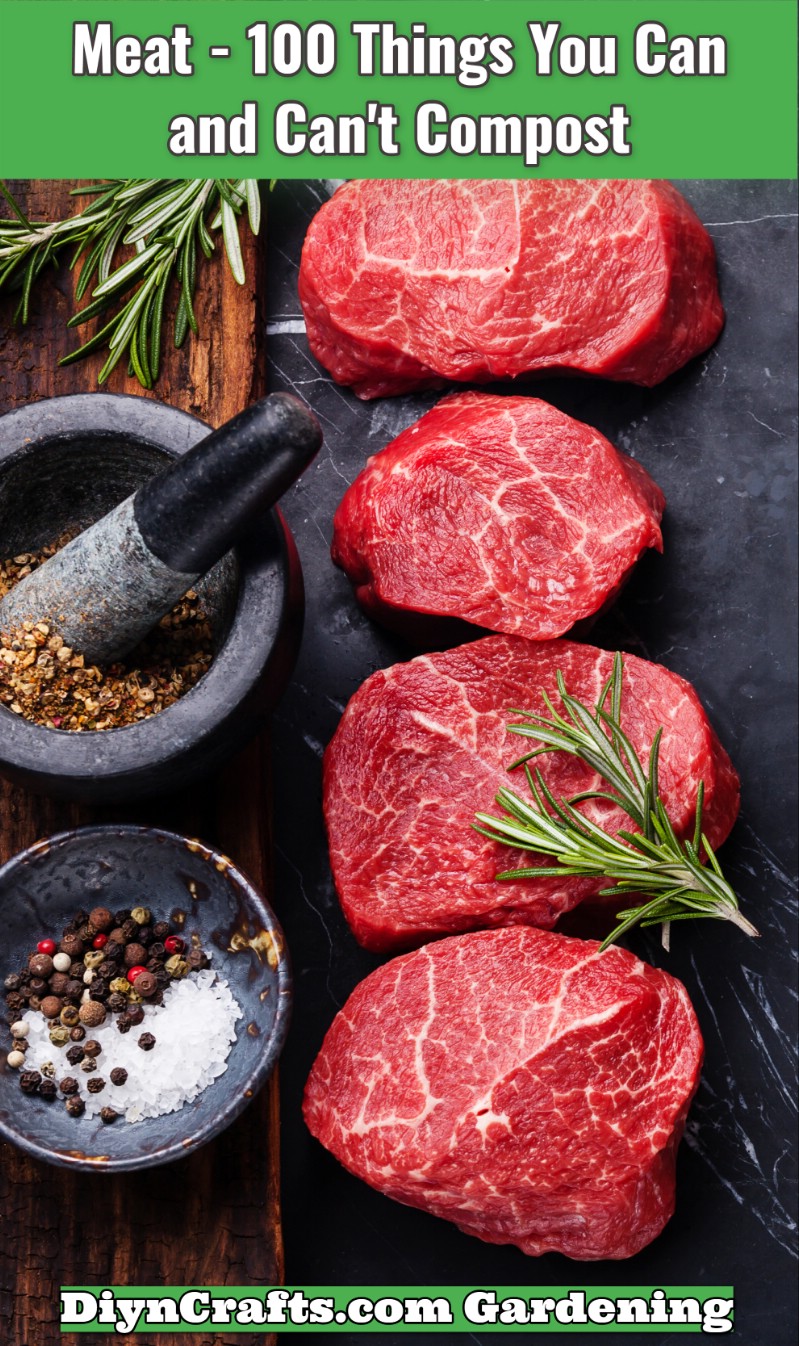
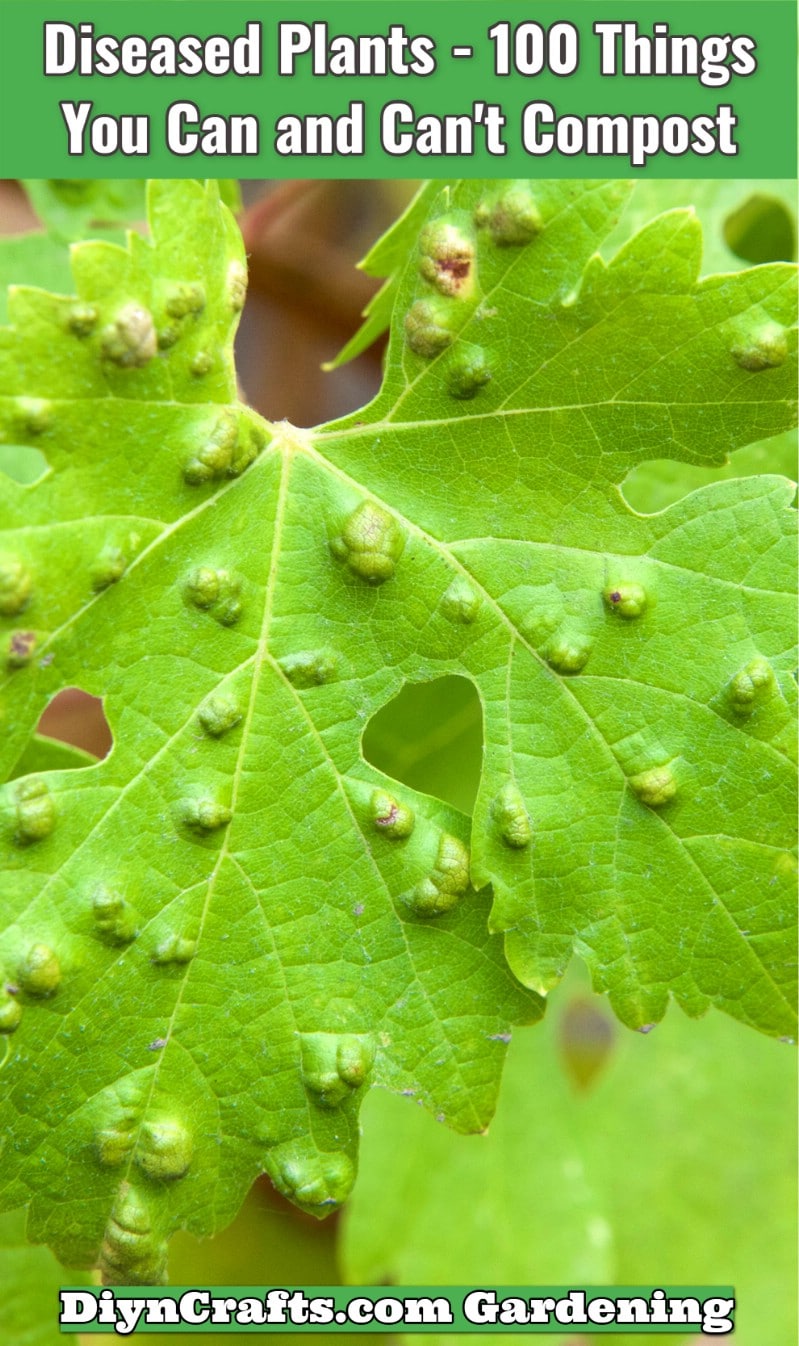
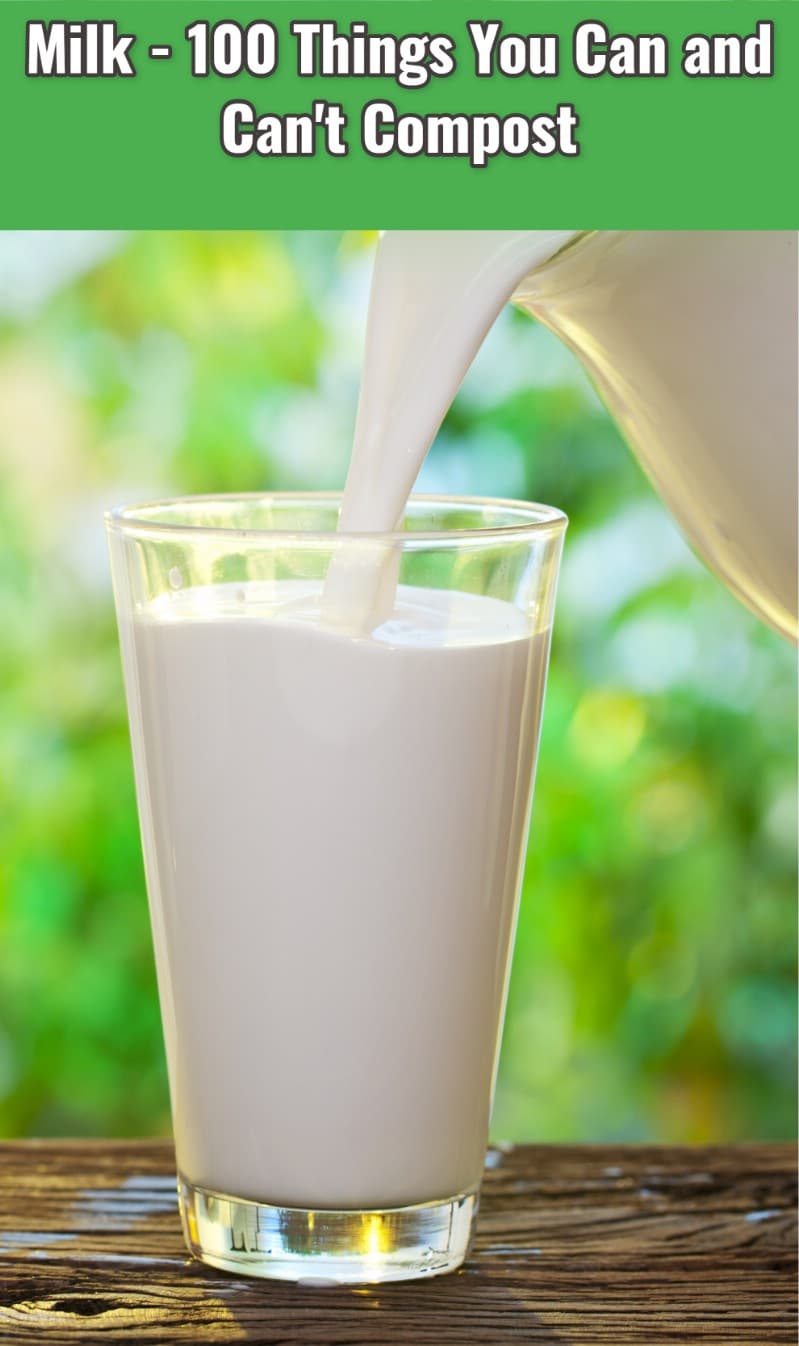
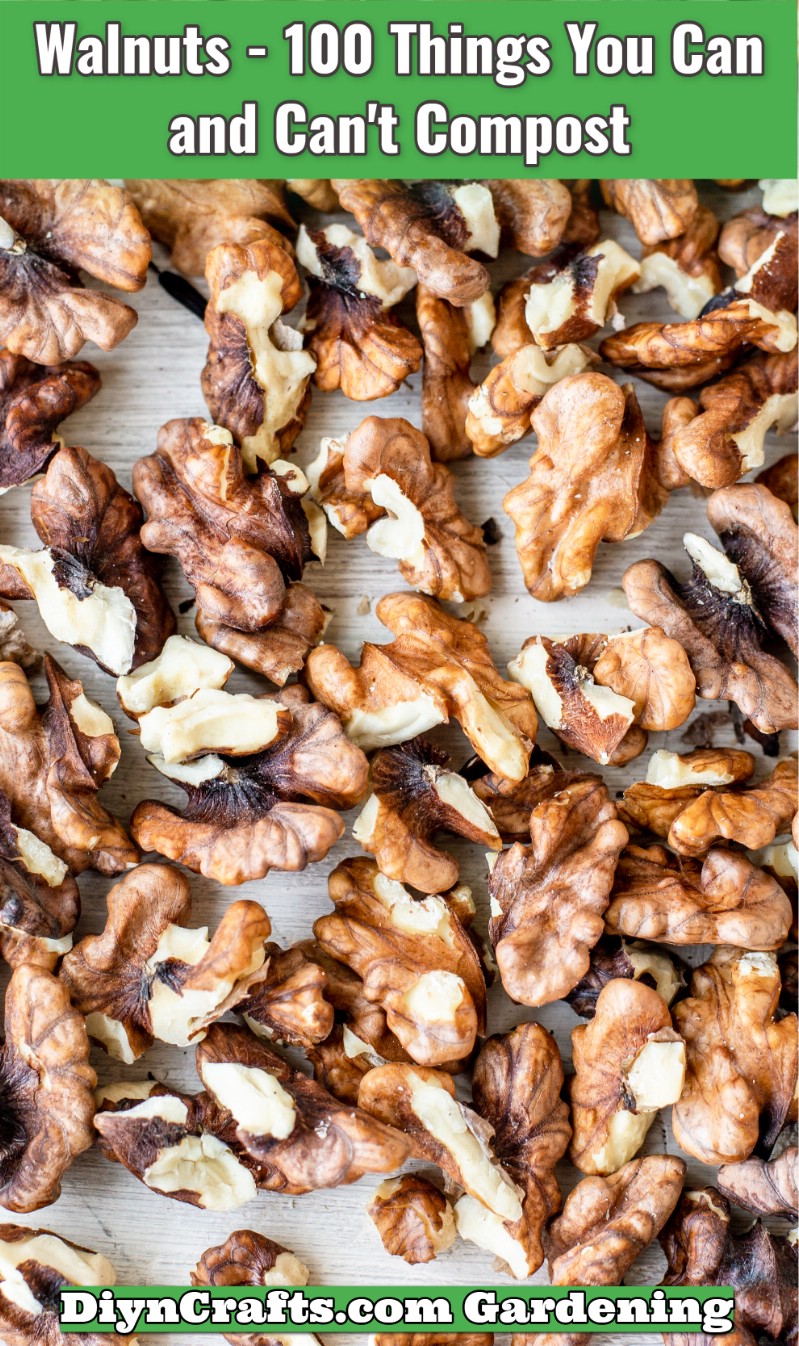
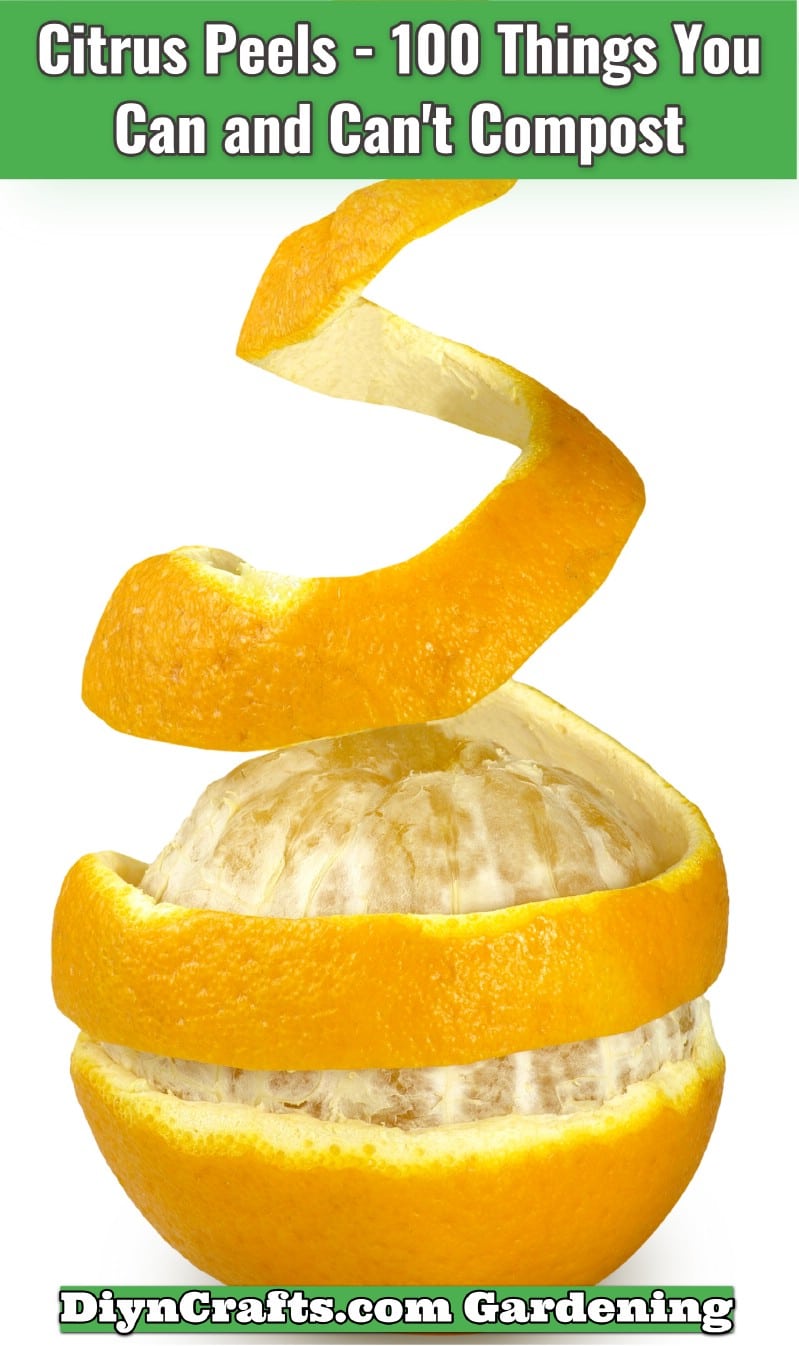
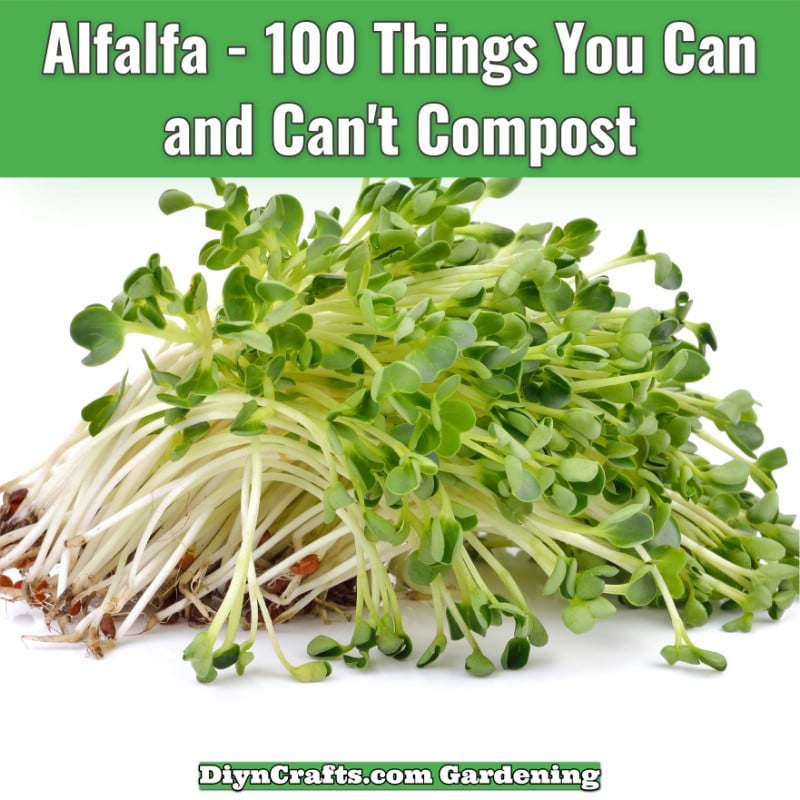
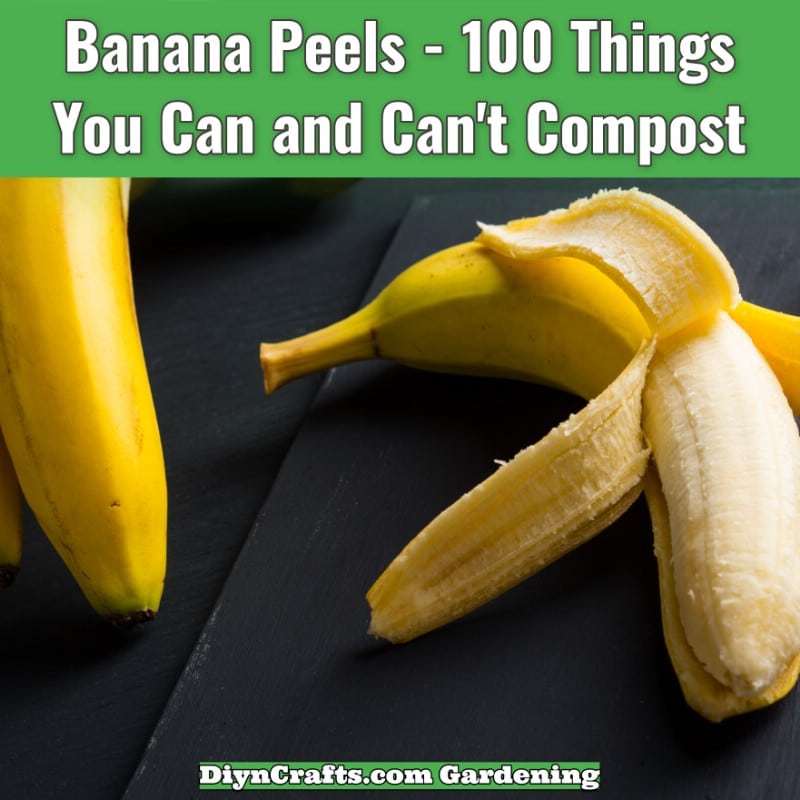
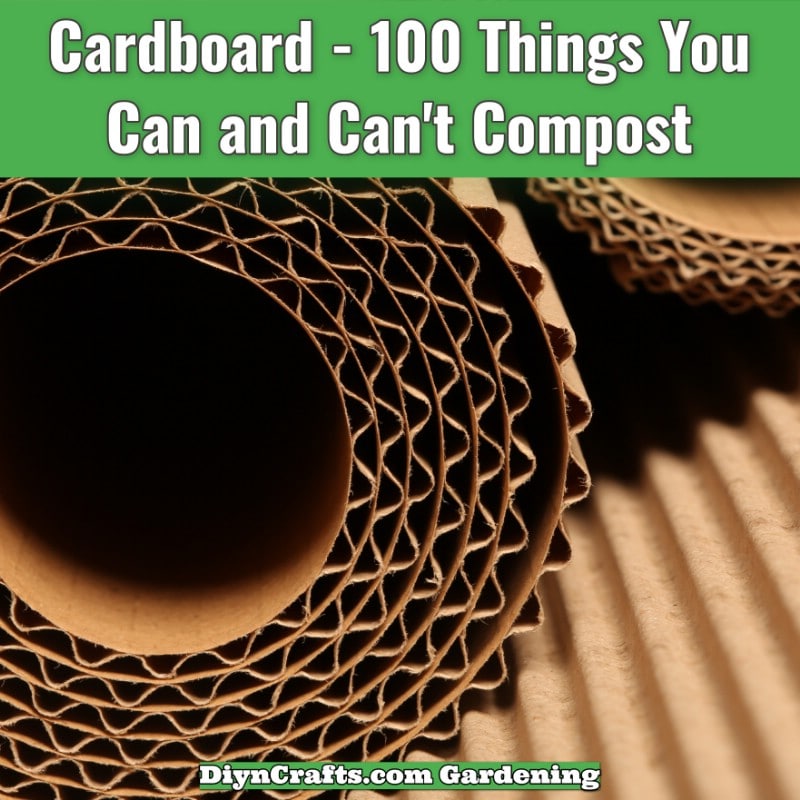
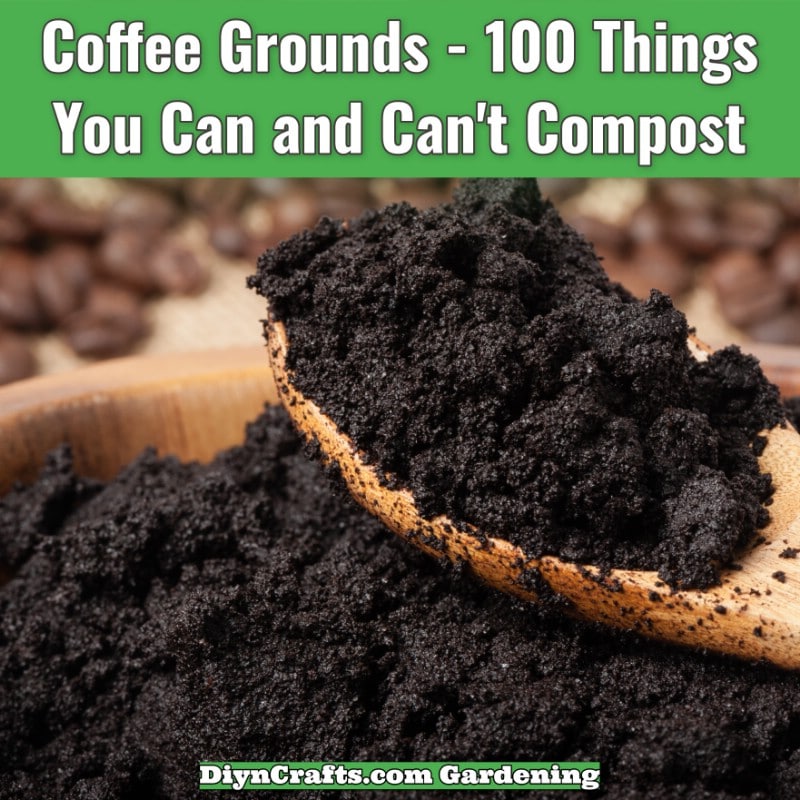
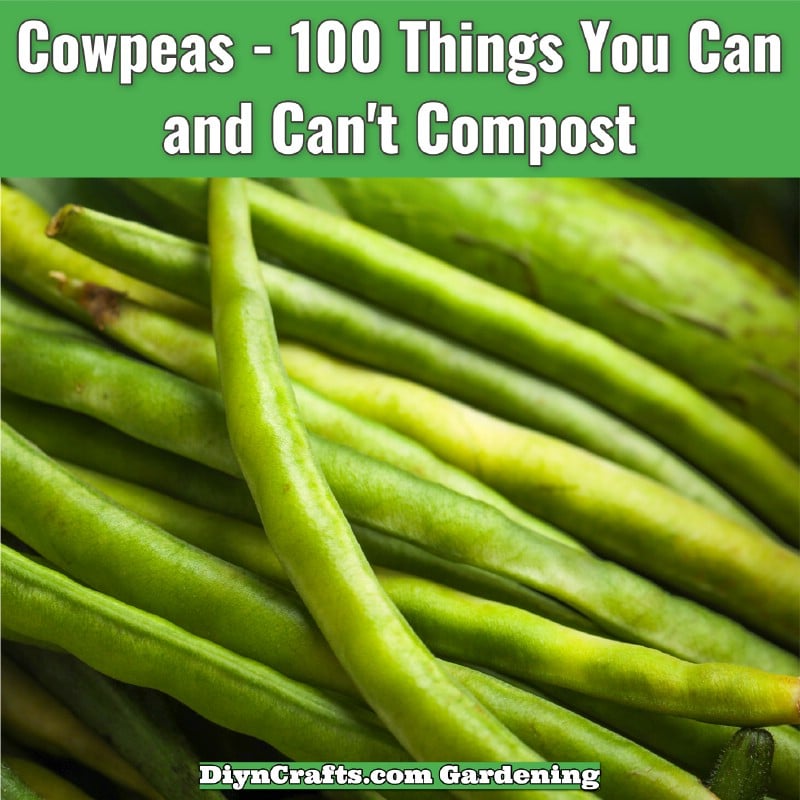
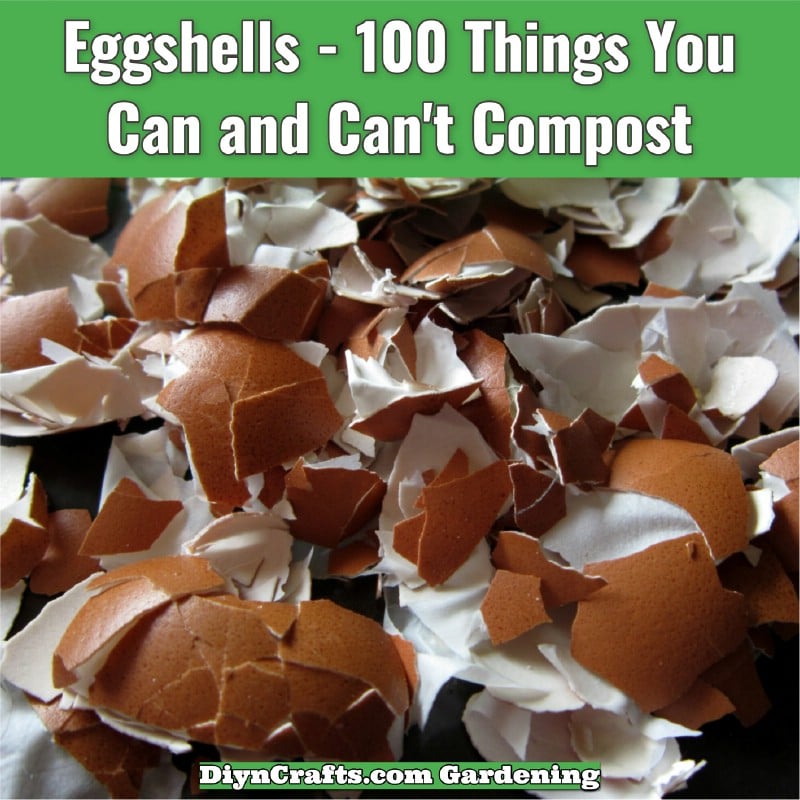
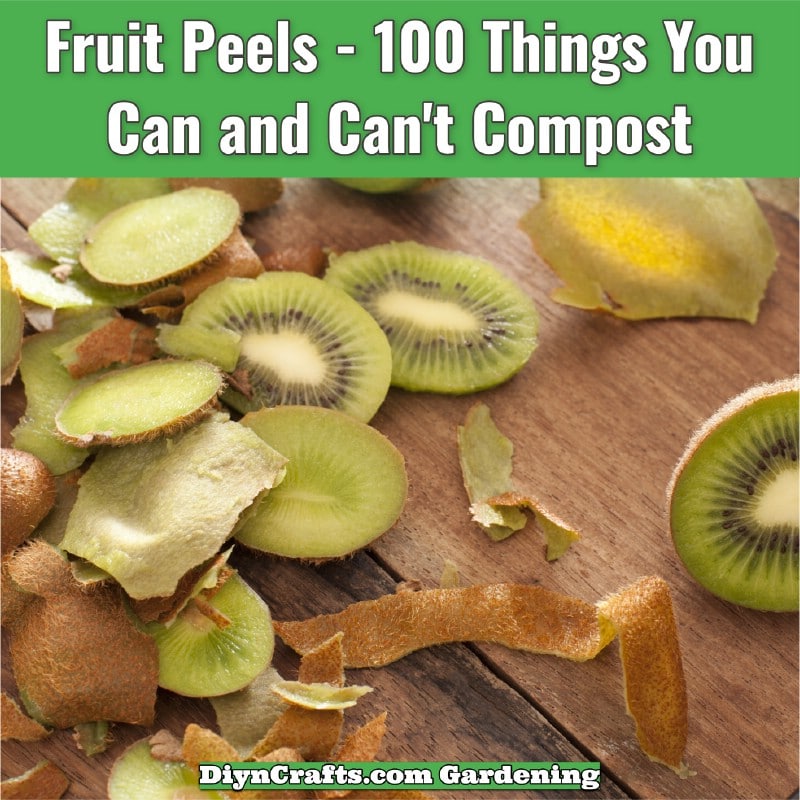
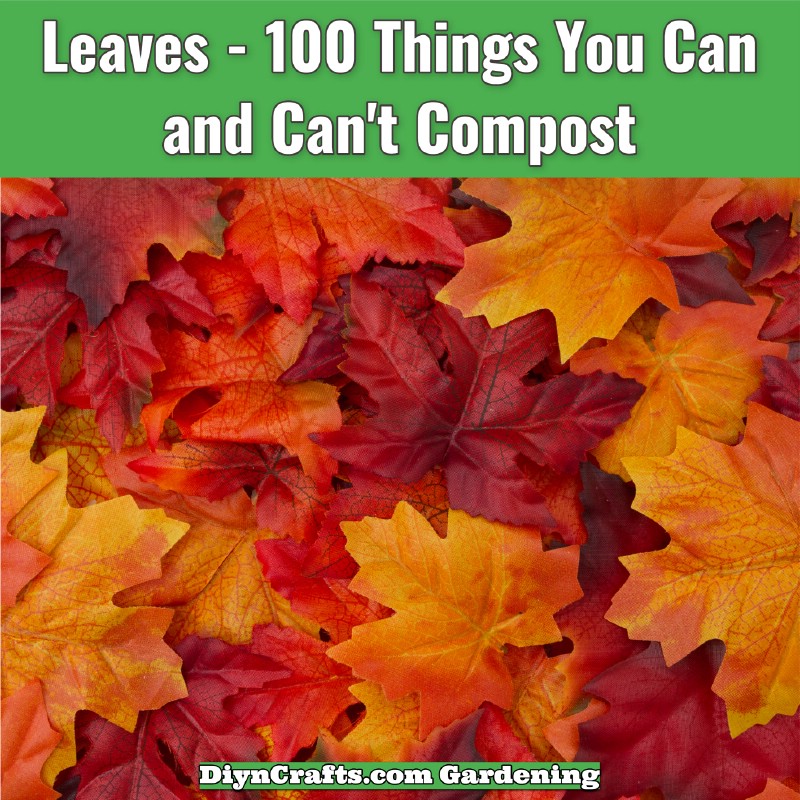
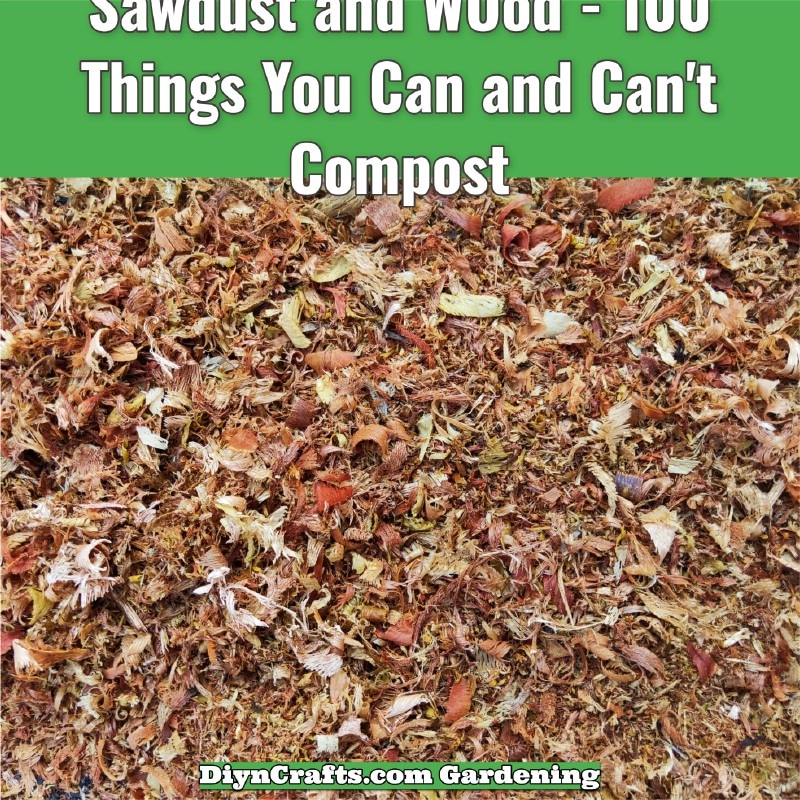
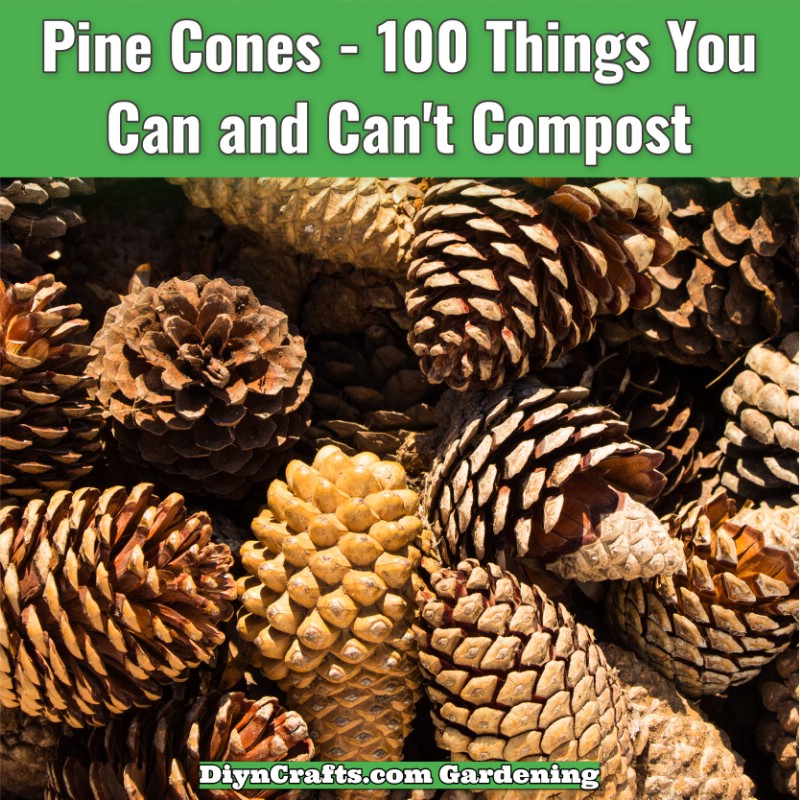
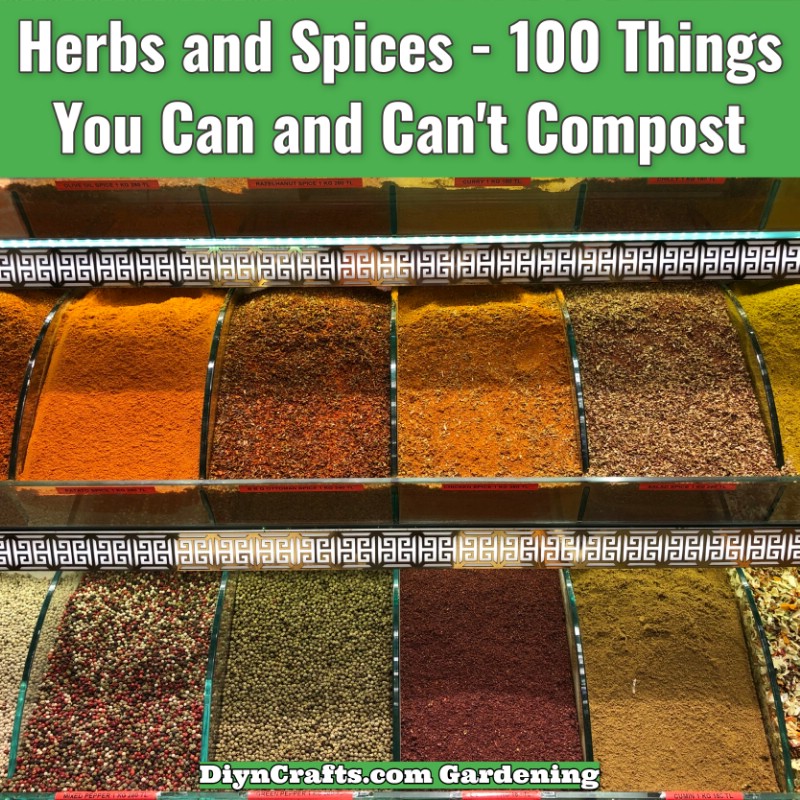
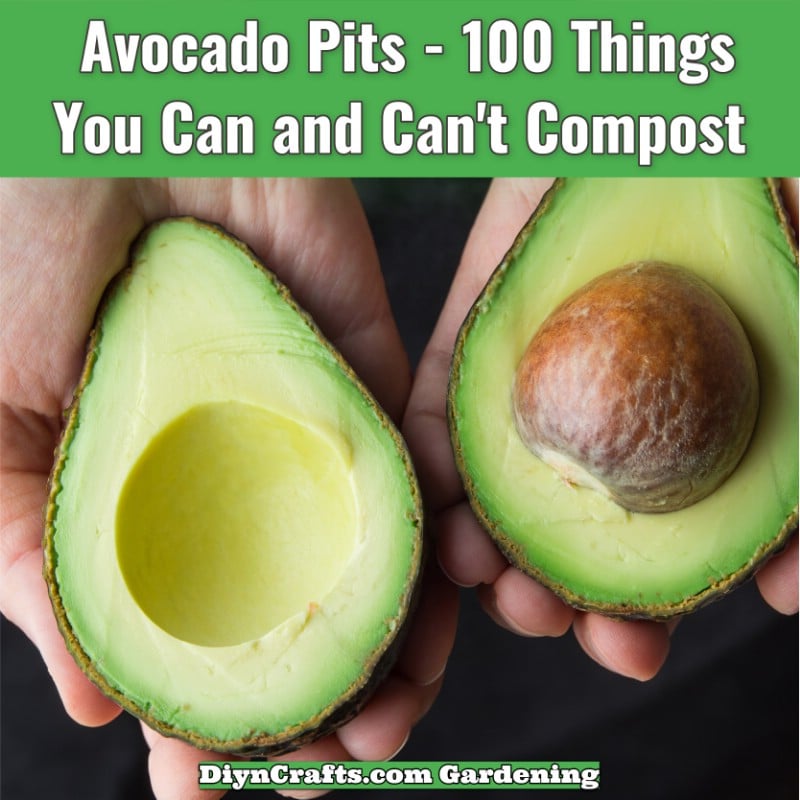
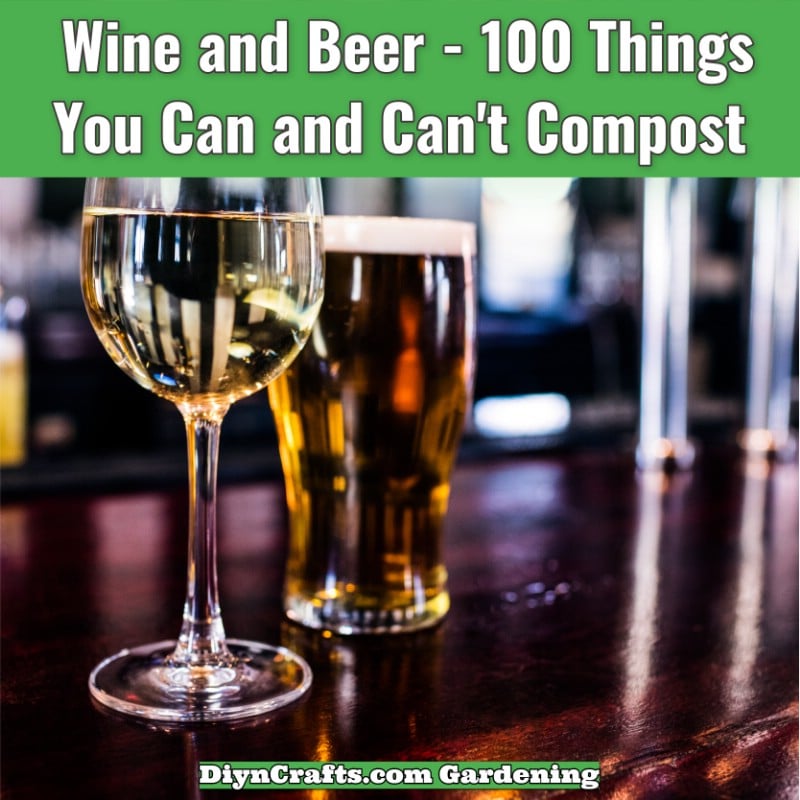
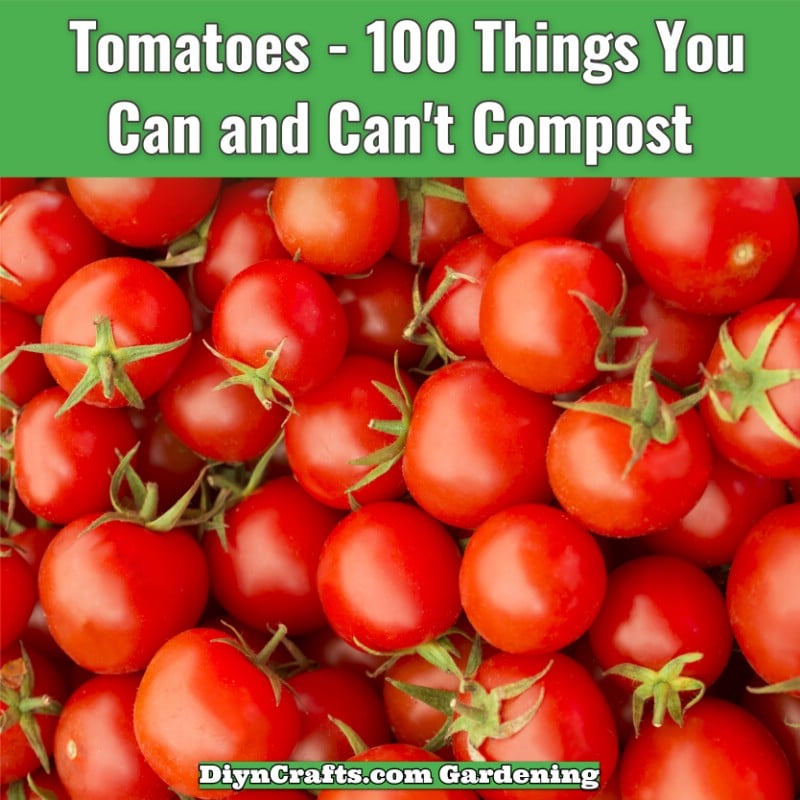
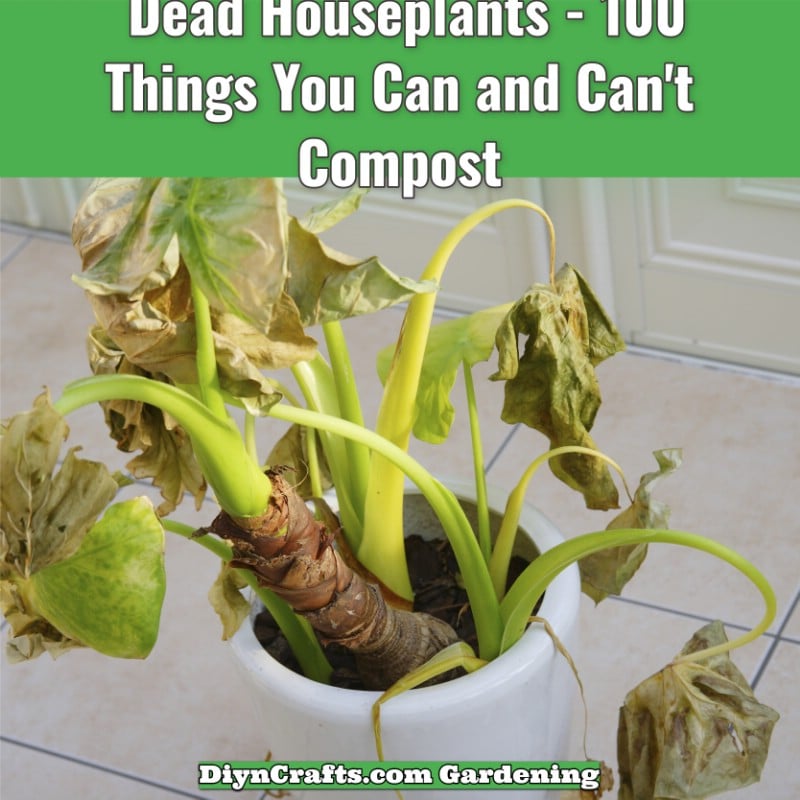
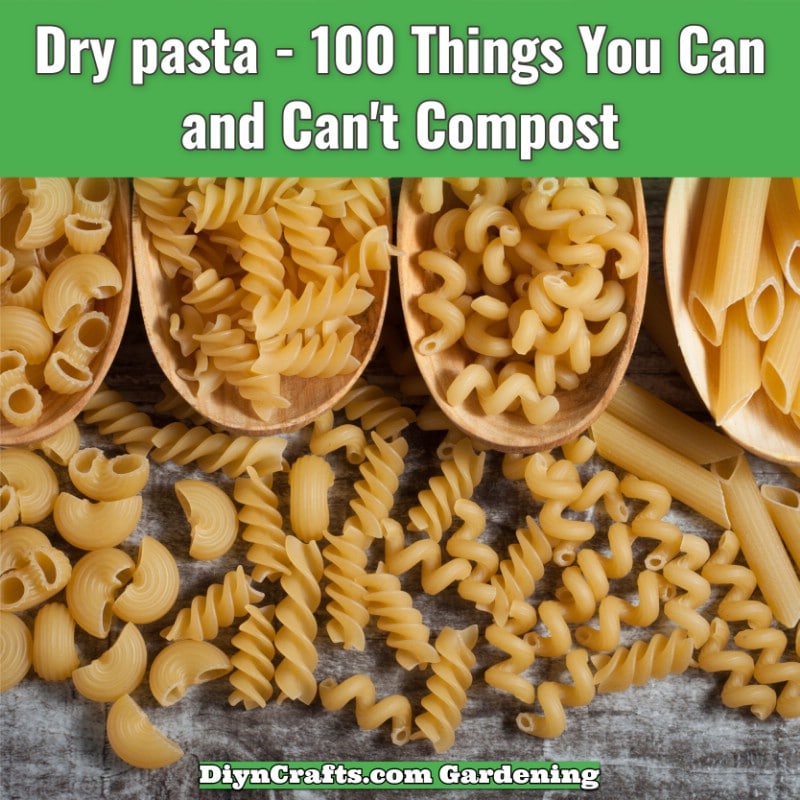
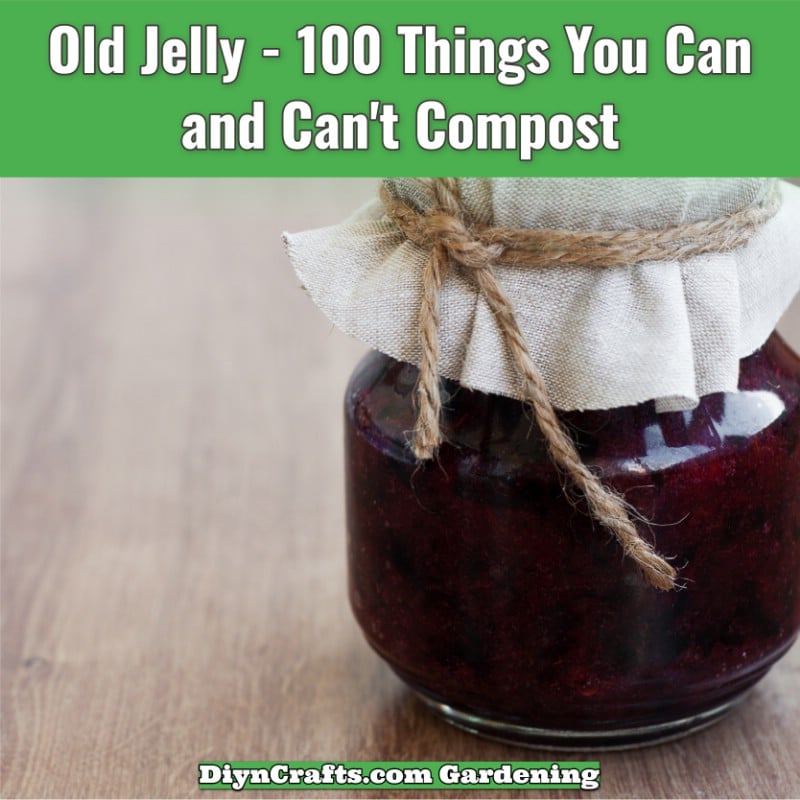
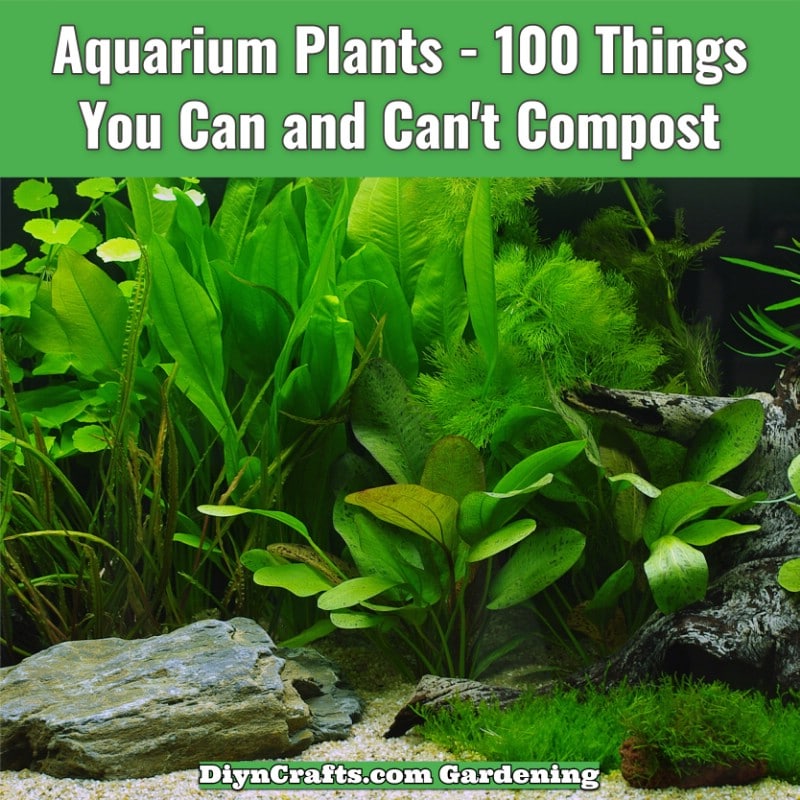
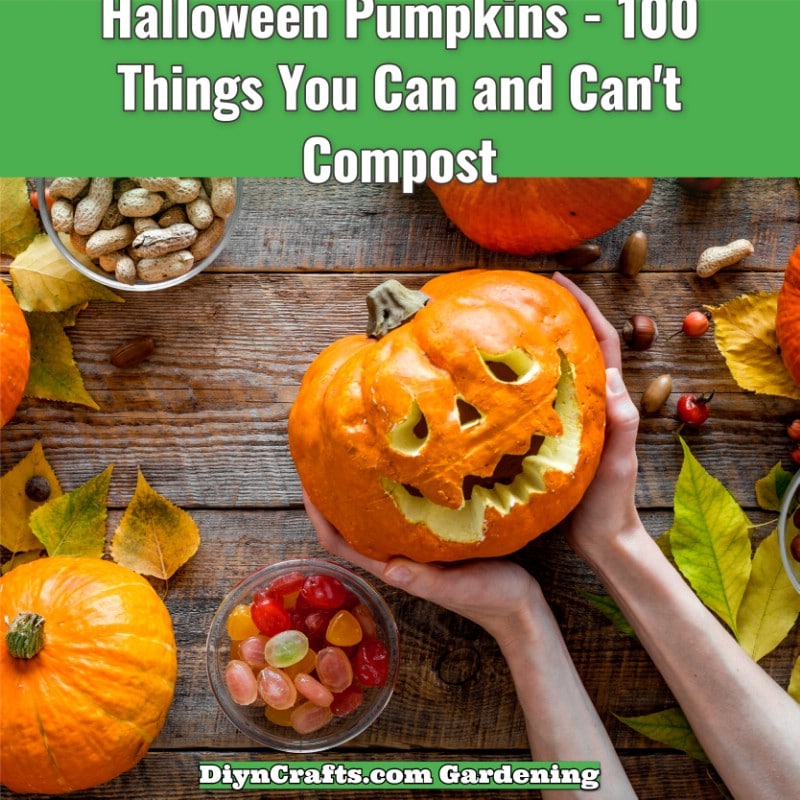


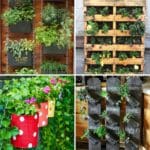
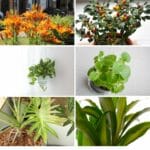
Frank holby
Can unused, dried out ZEP sweeping compound be composted?
Vanessa Beaty
I would not compost that, it's filled with chemicals after all.